A new exhibition at Los Angeles’ Petersen Auto Museum charts the rocky road to electric cars
‘Alternating Currents: The Fall and Rise of Electric Vehicles’ brings together EVs old and new, from forgotten prototypes to legendary innovations. We take a tour
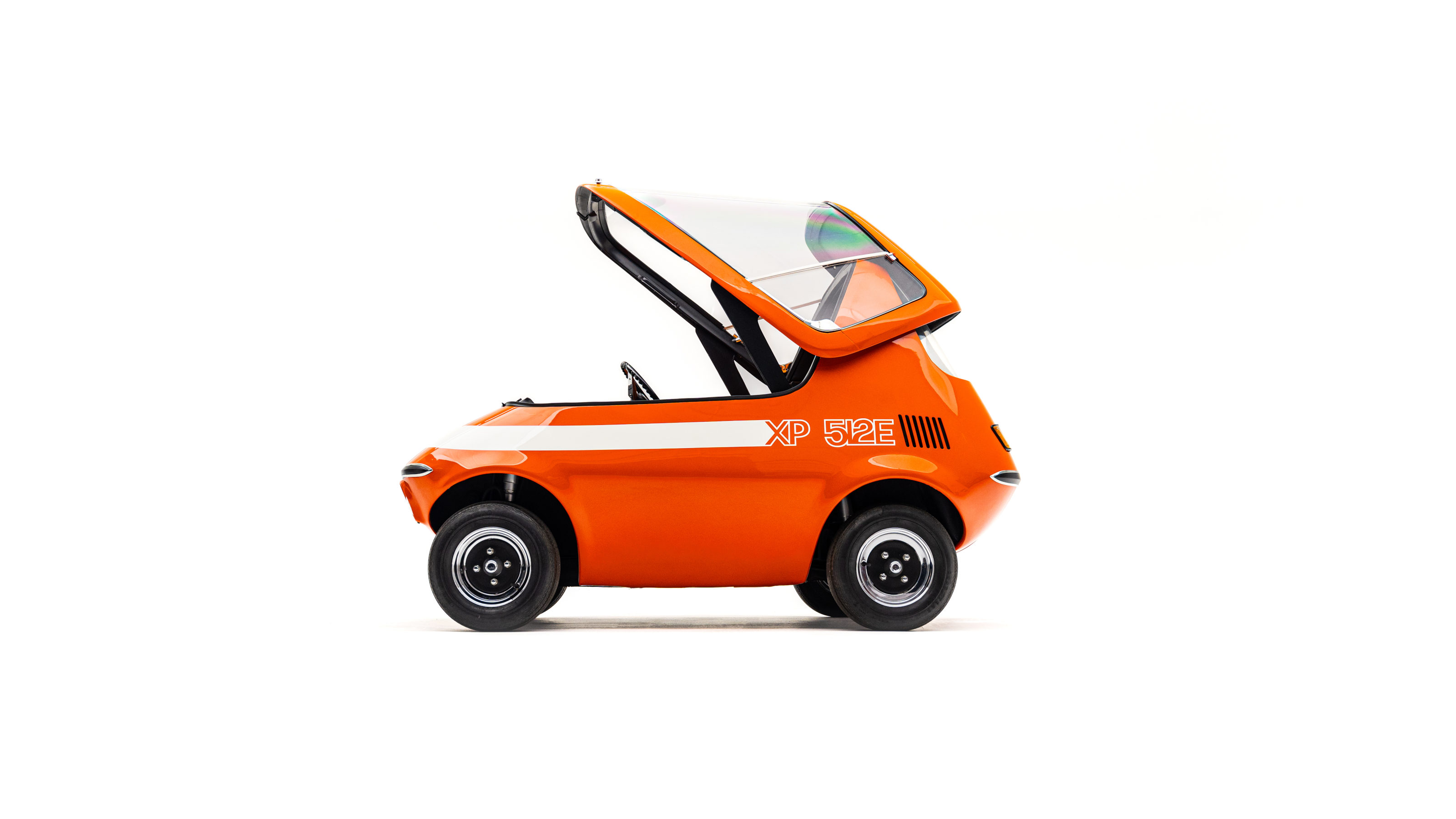
‘Alternating Currents’ is the Petersen Automotive Museum’s new exhibition, which opened last month in the Los Angeles gallery, recently given a striking and controversial overhaul by KPF. With countless contemporary EVs streaking past the bold red ribboned façade on Wilshire Boulevard, it’s easy to conclude that the argument for electrification has been won and that it’s only a matter of time before we all switch.

Alternating Currents: EVs on show at the Petersen
The exhibition within tells the story of the many false dawns, missteps, and missed opportunities that got us to this point. Housed in the Museum’s second floor Propulsion Gallery, ‘Alternating Currents’ assembles a collection of electric vehicles that span over 130 years, from an 1896 Riker electric roadster all the way through to the present day.

BMW i8 concept at the Petersen's Alternating Currents exhibition
It’s no surprise to find that BMW is one of the corporate sponsors. As well as featuring the company’s pioneering BMW E2 concept from 1991, there’s also the bodyshell from the BMW i3, which only debuted in 2014 and is already something of a cult vehicle. There’s also the 2009 Mini E prototype, a forerunner of the first electric Mini, and the original BMW i8, another throwback to a time when it looked like electric cars would be bold, distinctive and deliberately different to what came before.

A response to crisis: the 1973 Zagato Zele 1000
If anything, ‘Alternating Currents’ highlights just how often that approach has failed. The first wave of electric cars went head-to-head with their petrol-powered equivalents, ultimately losing out due to the growing power of the oil industry. The next big push in the 1970s and 1980s was hamstrung by battery technology, although the compact electric city cars from the era still hold their attraction. Here's a selection of our favourite vehicles from the show.
1928 Auto Red Bug Electric Roadster

1928 Auto Red Bug Electric Roadster
An indicator that ultra-compact electric microcars are really nothing new. Built in New Jersey in the 1920s, the stripped-down Auto Red Bug sold for $325 through existing retailers like Abercrombie & Fitch and FAO Schwarz, rather than regular car dealers. It was a popular runaround for the young.
1969 General Motors XP 512E Prototype

1969 General Motors XP 512E Prototype
The lead-acid battery powered XP 512E was an experimental reaction to rising concerns about fuel economy and pollution. Ultra compact and intended for city use, it highlights General Motors’ pioneering commitment to EVs and also suggests a very different future for the automobile.
1973 Zagato Zele 1000

1973 Zagato Zele 1000
Just 500 examples of the Zagato Zele 1000 were built. Designed by the famed Italian coachbuilder Zagato, the diminutive vehicle made its debut at the 1972 Geneva Motor Show and was sold in the US as the Elcar. Fibreglass bodied, with Fiat components underneath, it’s a clear precursor to the Smart car.
Wallpaper* Newsletter
Receive our daily digest of inspiration, escapism and design stories from around the world direct to your inbox.
1981 HMV Free-Way

1981 HMV Free-Way
HMV stands for ‘High Mileage Vehicles’ and the Minnesotan company designed the Free-Way in 1979 to counter the sudden hike in fuel costs. Ultra-light with a fibreglass body, the three-wheeled Free-Way (actually classified as a motorbike) could be had in gas-, diesel- or electric-powered versions.
1990 General Motors Impact and 1996 Ground tzero

1990 General Motors Impact (grey) and 1996 Ground tzero (yellow)
The Impact concept was a predecessor of GM’s ill-fated EV1, the electric car that’s often cited as one of the auto-industry’s greatest ‘what ifs?’. Exhibited in 1990, the Impact was a proposal for a passenger car using tech developed in GM’s SunRaycer solar electric race car. It eventually found production as the General Motors EV1, over a thousand of which were built and leased from 1996 to 1999. High costs and low take-up prompted the company to recall and destroy the vast majority of EV1s in the early noughties.
One of the EV1’s principal designers, engineer Alan Cocconi, went on to set-up AC Propulsion in Southern California. The company’s first product, the tzero, evolved the EV1’s tech to create an electric sports car. One of the first companies to deploy lithium-ion batteries in a car, AC Propulsion shunned its investor Martin Eberhard’s suggestion to turn the tzero into a production car. In response, Eberhard founded Tesla in 2003 with Marc Tarpenning.
1991 BMW E2 Concept

1991 BMW E2 Concept
Another car created as a reaction to geopolitics, the E2 Concept was BMW’s attempt to support California’s pioneering emissions standards. Ultimately, these would see the state become a front-runner in hybrid and EV take up. The four-seater E2 (there was also an E1), never made it to production (and the relevant emissions legislation was also delayed), but the spirit of the car was reborn in the BMW i3.
2014 BMW i3 Chassis

2014 BMW i3 Chassis
By the 2010s, BMW was finally ready to go all-in on EVs. Although the i3 shown here was also available as a hybrid with petrol-powered range-extender, the car used innovative carbon fibre construction to keep weight down. Production ended in 2022.
‘Alternating Currents: The Fall and Rise of Electric Vehicles’, Petersen Automotive Museum, 6060 Wilshire Blvd, Los Angeles, CA 90036
Jonathan Bell has written for Wallpaper* magazine since 1999, covering everything from architecture and transport design to books, tech and graphic design. He is now the magazine’s Transport and Technology Editor. Jonathan has written and edited 15 books, including Concept Car Design, 21st Century House, and The New Modern House. He is also the host of Wallpaper’s first podcast.
-
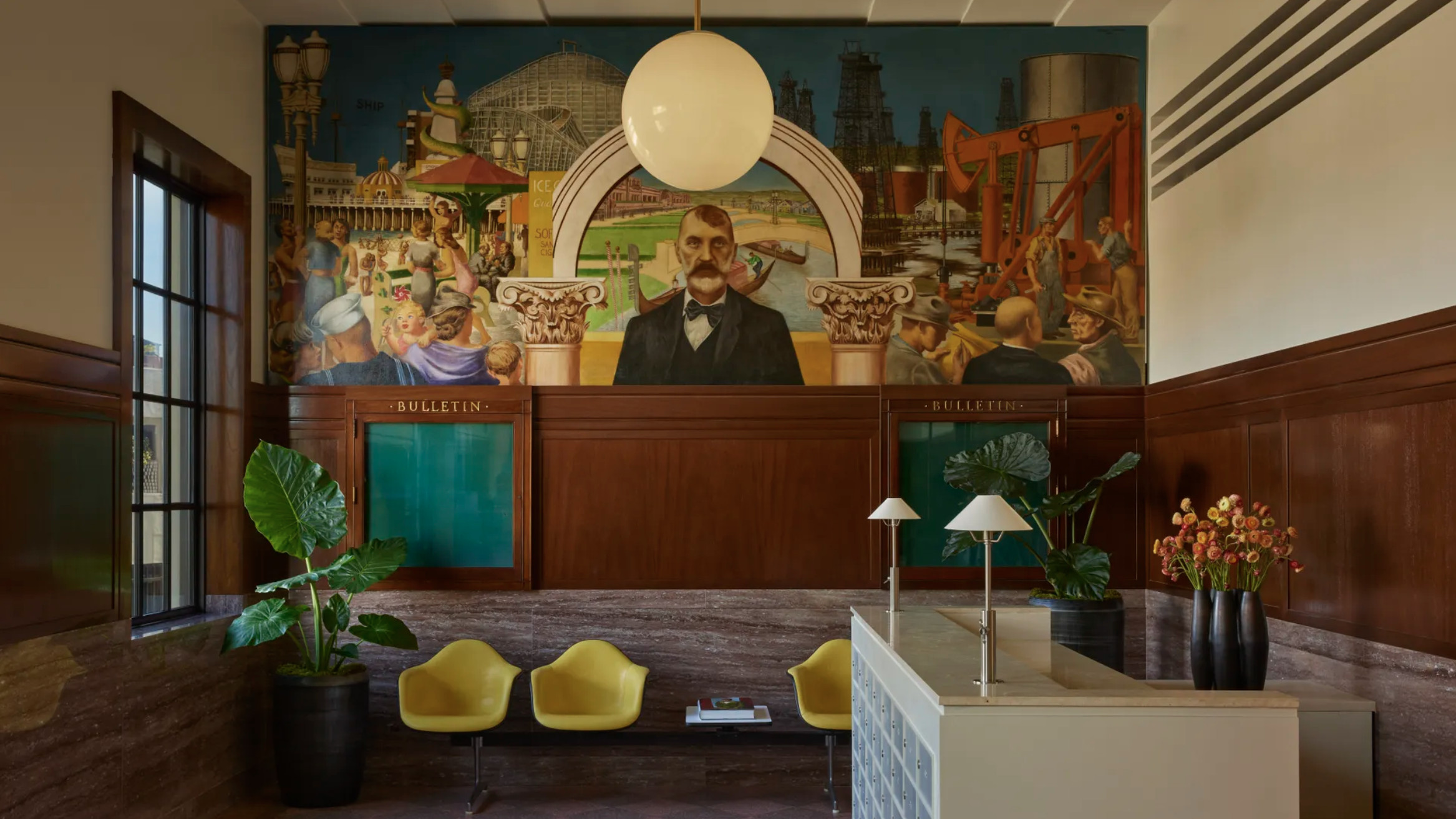 The Lighthouse draws on Bauhaus principles to create a new-era workspace campus
The Lighthouse draws on Bauhaus principles to create a new-era workspace campusThe Lighthouse, a Los Angeles office space by Warkentin Associates, brings together Bauhaus, brutalism and contemporary workspace design trends
By Ellie Stathaki
-
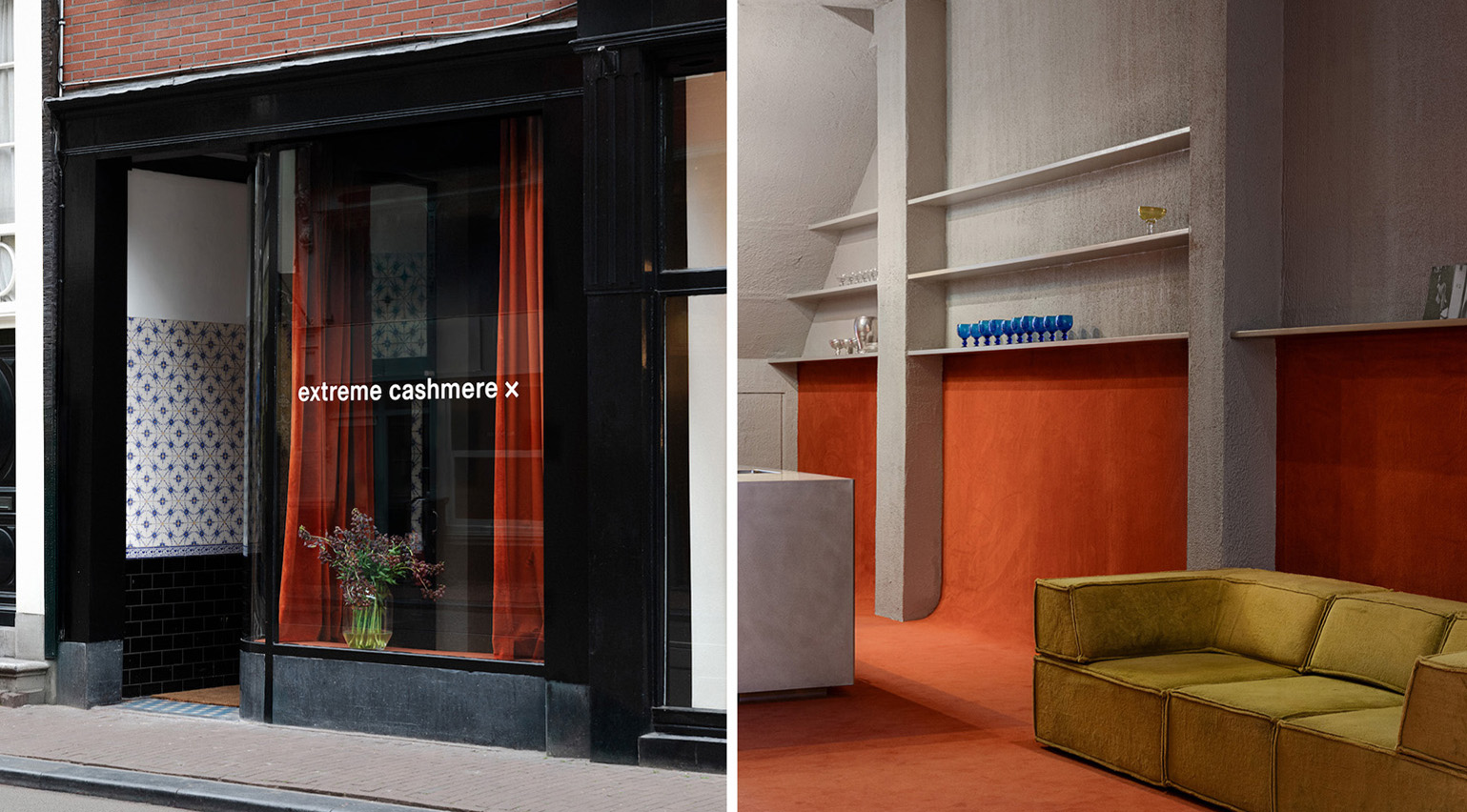 Extreme Cashmere reimagines retail with its new Amsterdam store: ‘You want to take your shoes off and stay’
Extreme Cashmere reimagines retail with its new Amsterdam store: ‘You want to take your shoes off and stay’Wallpaper* takes a tour of Extreme Cashmere’s new Amsterdam store, a space which reflects the label’s famed hospitality and unconventional approach to knitwear
By Jack Moss
-
 Titanium watches are strong, light and enduring: here are some of the best
Titanium watches are strong, light and enduring: here are some of the bestBrands including Bremont, Christopher Ward and Grand Seiko are exploring the possibilities of titanium watches
By Chris Hall
-
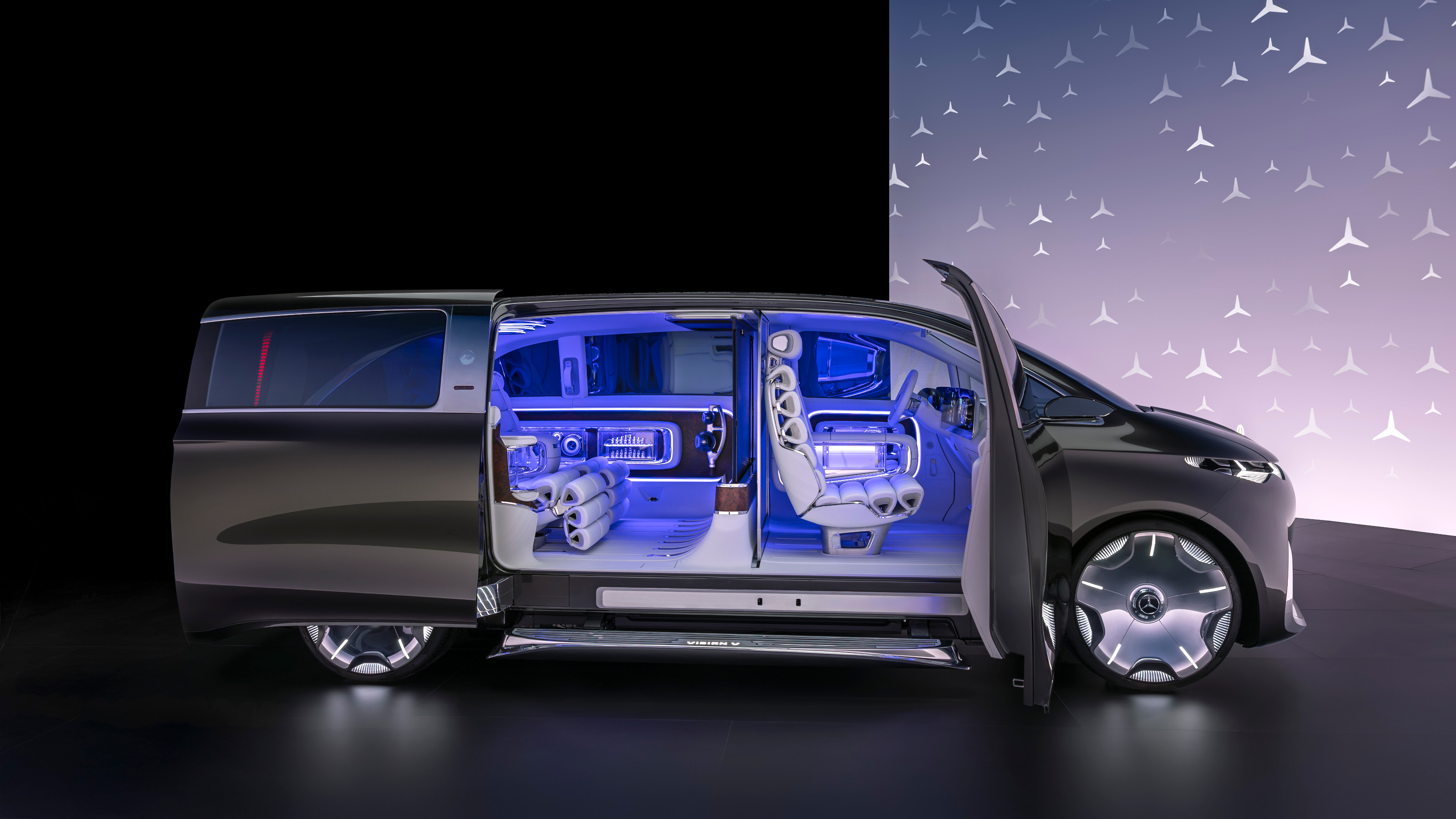 Mercedes-Benz previews its next-gen people mover with an ultra-luxury EV concept
Mercedes-Benz previews its next-gen people mover with an ultra-luxury EV conceptThe Mercedes-Benz Vision V Concept is an art deco picture palace on wheels, designed to immerse passengers in parallel worlds as they travel
By Jonathan Bell
-
 2025 Seoul Mobility Show report: all that's new and notable
2025 Seoul Mobility Show report: all that's new and notableOpened at a time of high national drama, the 2025 Seoul Mobility Show has gone on to underscore Korea’s place at the cutting edge of the auto industry. Guy Bird was there
By Guy Bird
-
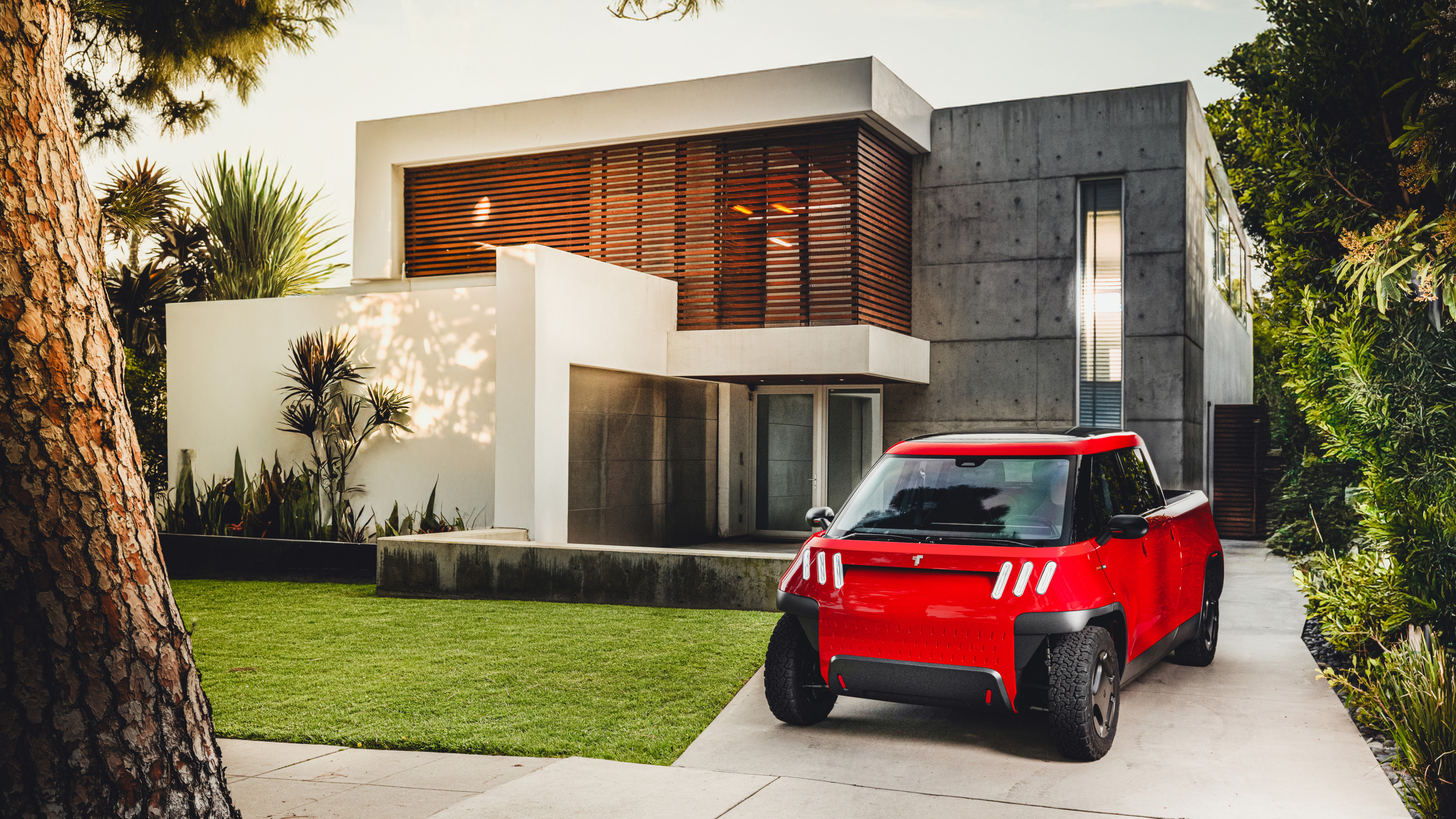 Meet the final drivable prototype of the Telo MT1 pickup truck, shaped by Fuseproject
Meet the final drivable prototype of the Telo MT1 pickup truck, shaped by FuseprojectThe Telo MT1 is a modestly scaled EV that turns the traditional all-American approach to pick-up truck design on its head
By Jonathan Bell
-
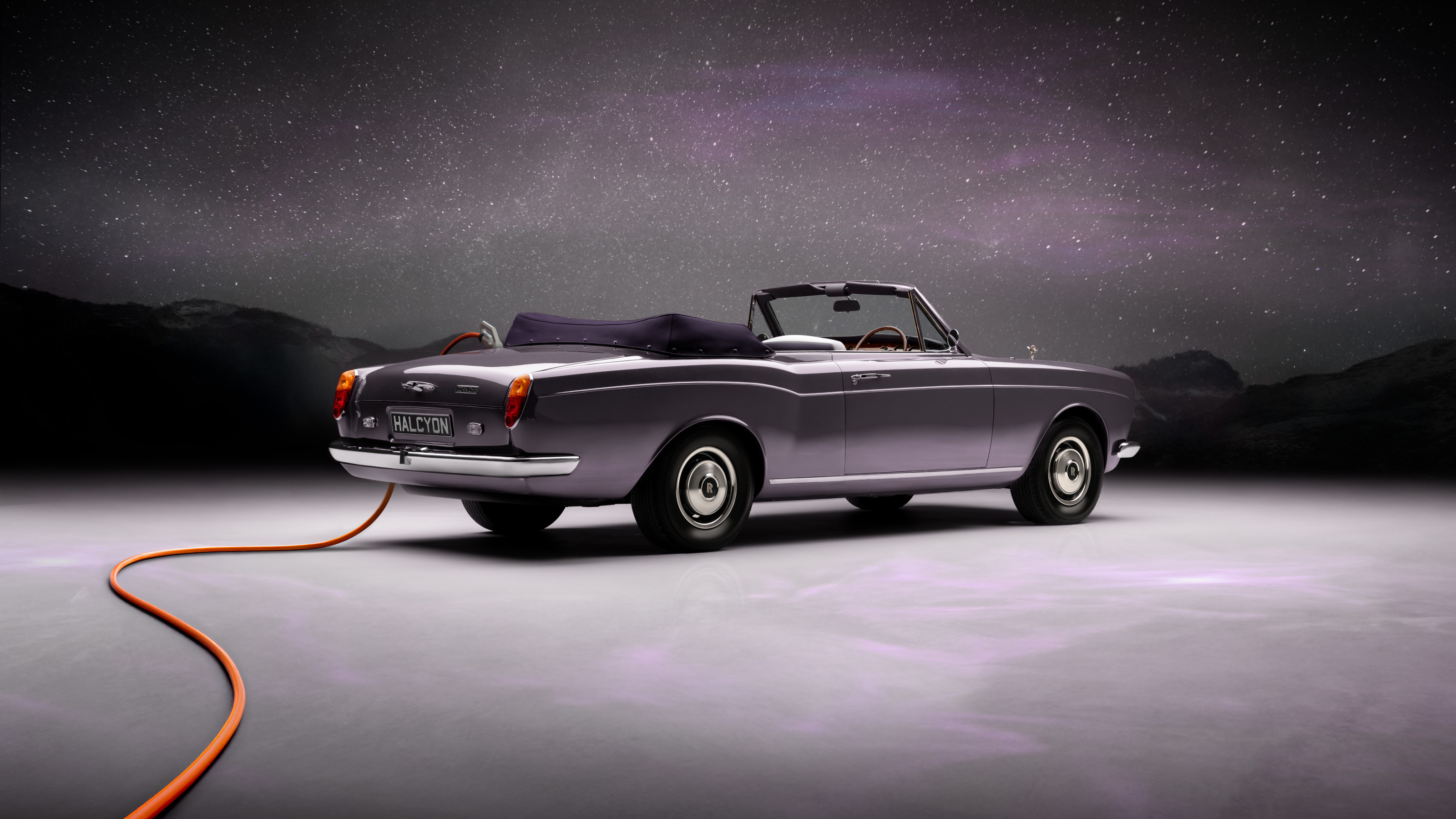 EV start-up Halcyon transforms a classic 1970s Rolls-Royce into a smooth electric operator
EV start-up Halcyon transforms a classic 1970s Rolls-Royce into a smooth electric operatorThis 1978 Rolls-Royce Corniche is the first fruit of a new electric restomod company, the Surrey-based Halcyon
By Jonathan Bell
-
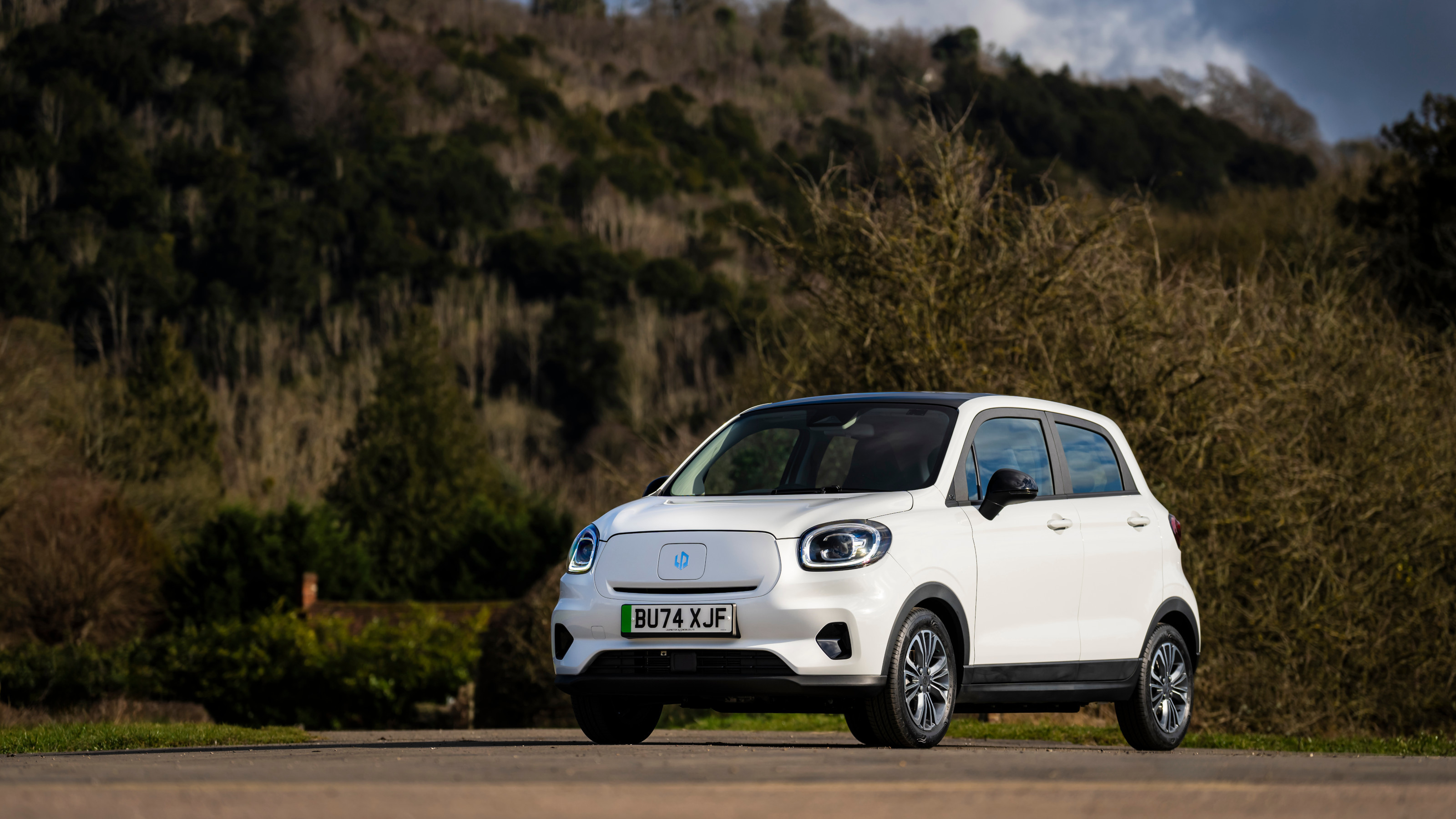 China’s Leapmotor pounces on the European car market with its T03 city car and C10 SUV
China’s Leapmotor pounces on the European car market with its T03 city car and C10 SUVLeapmotor’s tiny electric city car could be just the tonic for cramped urban Europe. We sample the T03 and its new sibling, the fully loaded C10 SUV, to see if the company’s value proposition stacks up
By Jonathan Bell
-
 Wallpaper* takes the wheel of the Bentley Blower Jnr for a rich automotive experience
Wallpaper* takes the wheel of the Bentley Blower Jnr for a rich automotive experienceHedley Studios has shrunk the mighty Bentley Blower into this all-electric, road-legal barnstormer. We take it to the streets of London
By Jonathan Bell
-
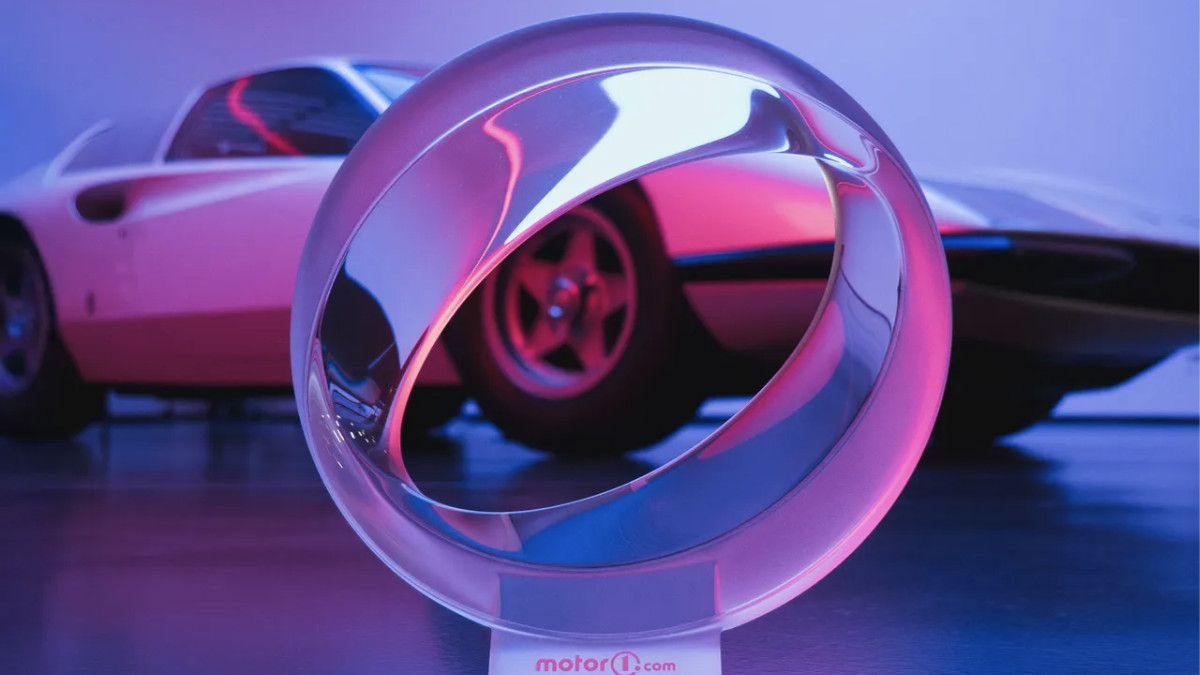 We are the world: Pininfarina’s ‘Orbis’ taps Papal support for an eco-friendly agenda
We are the world: Pininfarina’s ‘Orbis’ taps Papal support for an eco-friendly agendaThe Orbis is a ‘symbolic object’, a gift to Pope Francis from the Italian design agency at a time of political upheaval and social fracture around all aspects of sustainability
By Jonathan Bell
-
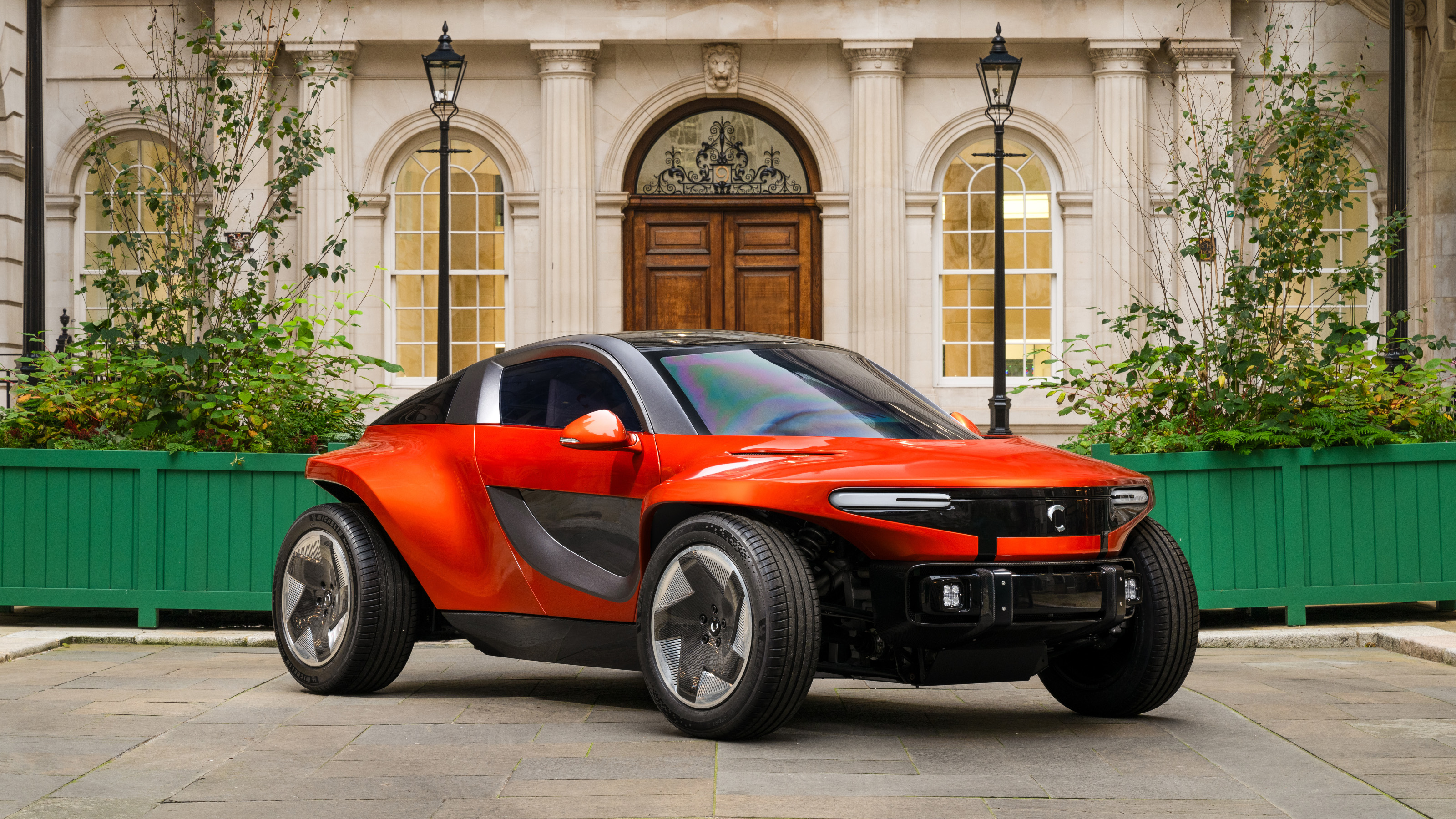 The exclusive Callum Skye EV reveals its interior style ahead of a 2025 launch
The exclusive Callum Skye EV reveals its interior style ahead of a 2025 launchThe Skye is a bespoke sporting EV with a lightweight ethos and an unconventional design. The forthcoming car now has a fully finished interior
By Jonathan Bell